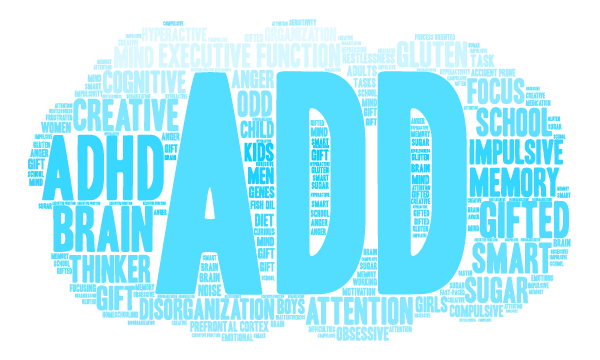|
Feeling brain fog or not sure where your efficient, "old-self" went? It may be an issue of the efficiency in your brain's synaptic connections. Learning problems or challenges can occur at any time, or any age. One of the most misunderstood organs in the public eye is the brain and how it works; but it can be simply affected by physical, emotional or biochemical factors just like any other part of the body. The effect of something like a concussion, grieving, poor diet, and other forms of stress can contribute to declining cognitive performance. As a Crossinology Brain Integration Practitioner, I am constantly helping clients achieve cognitive performance goals (beyond what they even thought possible). Many of these clients came in with challenges that they didn't associate with labels like ADD, ADHD, etc., especially when they had setup simple coping mechanisms to get them through their education. Before my integration at Whole Body Solutions, and education as a practitioner, I went through my life with many coping mechanisms in order to get good grades, get the job, etc., with no diagnosis, but living with chronic stress. Now, I can firmly say that learning does not need to be as hard, or as time consuming as it was for me, or for 20% of the population. Learning problems are often undetected in the classroom or workplace if it is not associated with a behavioral or productivity issue. Here are some signs that you may need help creating new wires in the brain that are better setup for learning in ANY environment: 1. Difficulty Telling Time - Telling time and budgeting time are different problems in the brain, but both are effectively putting strain on how you perceive the world. This may be due to being uncomfortable with numbers, lack of access to complex functions, or lack of access to executive functions. All of these can be rewired. 2. Fear of Speaking in Front of a Group/ Test or Performance Anxiety - Ever feel like you're sweating or need to grip onto something while performing in front of a group? Pressure of time and from peers is all a matter of perception, and so relaxing the nervous system to respond differently is the best way to make a meaningful change. 3. Trouble Remembering Times Tables - Do you remember sitting at the kitchen table with your parents and flashcards, trying to drill these into memory? Poor visual memory can promote trouble with remembering something elementary such as times tables, and surprisingly has a lot to do with how your eyes are working together (note: this is not something your glasses help with). 4. Leaving Projects Incomplete - Have a million projects started, but few complete? Hyperactivity in the eyes is one of the things as a practitioner that I pay attention to with clients in this situation. Specifically in their eyes ability to accommodate from one fixed point, to the next. When you rewire the way these muscles fire together, then the client is able to sustain a task for a longer period of time (meaning more projects complete and less chaos). 5. Allergies (Feeling Tired or Hyper After Eating) - Consistent exposure to allergies can create long lasting inflammation that makes someone feel tired or overly energetic after eating. Using applied kinesiology techniques, you can lower this response to a point where it doesn't cloud the person within their learning environment. 6. Poor Reading Comprehension - If you haven't tested your reading comprehension in a while, pick up a book or a news article and read the first and second paragraph. How much do you remember? In my practice most adults test within a 3rd to 5th grade reading level. Imagine all the possibilities if you didn't have to re-read sections over and over again. How much information in the world are you missing out on? 7. Impatient or Restless - If you are learning in a way that makes it frustrating for you to take in the information, then of course you are going to become impatient. The overall brain integration protocol is dedicated to teaching your nervous system that all parts of the brain responsible with learning are capable of retaining information. 8. Sensitivity to Sound – Ever get irritated by someone clicking a pen during the middle of a test, or a couple desks away from you? Is it ever enough to ruin your day or your productivity? You may benefit from rewiring your auditory integrative pathways. By settling your system down to respond differently, you’ll be able to focus without getting offended in noisy environments. Does this list sound a lot like you or a loved one? Check out our behavioral checklist below, if you can check off 3 or more of these, Brain Integration may be a good fit for you.
By: Jackie Gorman
Crossinology Brain Integration Practitioner Certified Holistic Health Coach
1 Comment
|
Sovereign WellnessJackie Gorman is a Certified Crossinology Brain Integration Practicioner, Nutrition Counselor/ Certified Health Coach, Ballymaloe trained Chef, and Certified Master Gardener. ArchivesCategories |
||||||

 RSS Feed
RSS Feed
